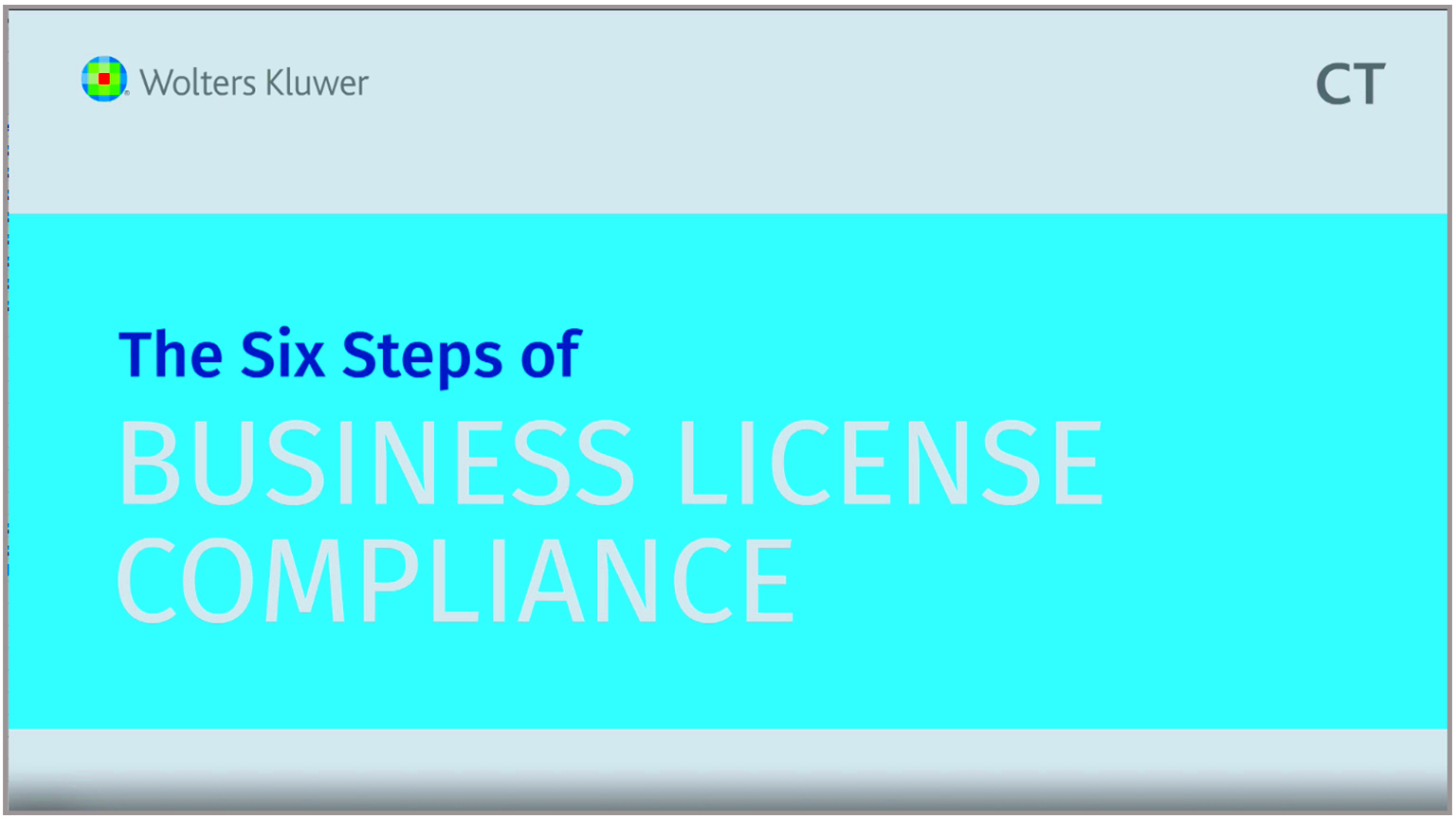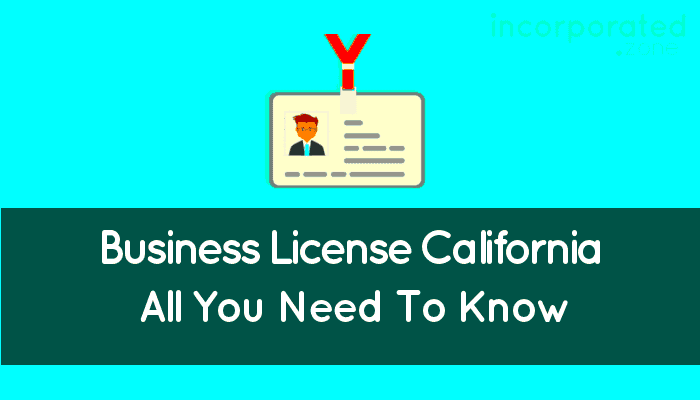Compliance with California’s Business Licensing Laws
Starting a business in California is an exciting venture, but it comes with its own set of responsibilities. One of the first things you need to consider is compliance with the state’s business licensing laws. These laws are designed to ensure that businesses operate fairly and safely. They vary depending on the type of business, location, and other factors. Understanding these laws will help you avoid penalties and set a solid foundation for your business.
Types of Business Licenses Required in California

In California, different types of businesses require different licenses. Here are some common types:
- General Business License: Most businesses need a basic license to operate legally.
- Professional Licenses: Certain professions, like doctors and lawyers, must obtain professional licenses specific to their field.
- Seller’s Permit: If you sell goods, you’ll likely need a seller’s permit to collect sales tax.
- Health Permits: Businesses in the food industry must obtain health permits to ensure food safety.
- Special Permits: Some businesses may require special permits based on their operations, such as liquor licenses for bars and restaurants.
It’s essential to research and determine the specific licenses your business needs to operate legally in California.
Steps to Obtain a Business License in California

Getting a business license in California involves several steps. Here’s a simple breakdown:
- Choose Your Business Structure: Decide if you will operate as a sole proprietorship, partnership, corporation, or LLC. Each structure has different licensing requirements.
- Register Your Business Name: If you’re using a fictitious name (a DBA), you’ll need to register it with your county.
- Determine Licensing Requirements: Check with your local city or county office to find out what licenses you need.
- Complete Application Forms: Fill out the necessary forms for each required license. You may need to provide details about your business activities.
- Pay the Fees: Each license has associated fees that must be paid when you submit your application.
- Wait for Approval: After submitting your application, it may take time to process. Stay in contact with the relevant offices to ensure everything is on track.
Following these steps can help you smoothly navigate the licensing process and start your business on the right foot.
Renewing Your Business License
Renewing your business license is an essential part of keeping your business compliant and running smoothly. In California, licenses typically need to be renewed annually or biannually, depending on the type of business and local regulations. It’s crucial to be proactive about this process to avoid any interruptions in your operations.
Here are some key steps to follow when renewing your business license:
- Check Expiration Dates: Keep track of when your license expires. Mark it on your calendar to ensure you don’t miss it.
- Gather Necessary Documents: Collect all required documents that may be needed for renewal, such as previous licenses and proof of any changes in your business.
- Complete the Renewal Application: Fill out the renewal application form, which can often be found online or obtained from your local licensing office.
- Pay Renewal Fees: Be prepared to pay a renewal fee. Fees vary depending on the type of business and location.
- Submit on Time: Submit your renewal application before the expiration date to avoid any late penalties.
Staying on top of your business license renewal helps you maintain your legal standing and avoid unnecessary disruptions.
Common Challenges in Compliance
While operating a business in California, you may encounter several challenges regarding compliance with licensing laws. Understanding these challenges can help you prepare and navigate them effectively.
Here are some common issues business owners face:
- Understanding Regulations: California has various laws and regulations that can be complex. Staying informed about the changes in these laws can be challenging.
- Multiple Licenses: Some businesses require multiple licenses, which can be confusing. Keeping track of what’s needed can be overwhelming.
- Deadlines: Missing deadlines for renewals or applications can lead to penalties. Staying organized is crucial.
- Cost of Compliance: The fees associated with obtaining and renewing licenses can add up. Budgeting for these expenses is essential.
- Local vs. State Regulations: Different cities and counties may have unique regulations, making it challenging to ensure full compliance.
Recognizing these challenges early on can help you develop strategies to address them and keep your business running smoothly.
Penalties for Non-Compliance
Failing to comply with California’s business licensing laws can result in serious penalties. Understanding these consequences can help you take compliance seriously and avoid potential legal trouble.
Here are some common penalties for non-compliance:
- Fines: Business owners can face hefty fines for operating without a proper license. The amount varies based on the severity of the violation.
- Cease and Desist Orders: Authorities may issue orders to stop business operations until compliance is achieved.
- Back Taxes: If you fail to collect sales tax due to not having a seller’s permit, you may owe back taxes along with penalties.
- Legal Action: Continued non-compliance can lead to legal action, including lawsuits or criminal charges in severe cases.
- Negative Impact on Reputation: Non-compliance can damage your business’s reputation, leading to loss of customers and trust within the community.
By staying compliant with licensing laws, you protect your business from these penalties and create a positive reputation in your community.
Resources for Business Owners
As a business owner in California, having access to reliable resources can make all the difference in navigating the complexities of licensing and compliance. Fortunately, there are many resources available to help you stay informed and make the best decisions for your business.
Here are some valuable resources you should consider:
- California Secretary of State: Their website offers comprehensive information on business registration, licenses, and permits.
- Local Business License Offices: Your city or county’s licensing office can provide guidance on specific requirements in your area.
- Small Business Administration (SBA): The SBA provides a wealth of information on starting and managing a business, including licensing and compliance.
- Chamber of Commerce: Joining your local chamber can connect you with other business owners and provide networking opportunities and resources.
- Business Mentorship Programs: Organizations like SCORE offer free mentorship to help guide you through the complexities of running a business.
- Online Forums and Communities: Websites like Reddit or LinkedIn have groups where business owners share experiences and advice.
Utilizing these resources can help you stay informed about the latest regulations and best practices for your business.
Frequently Asked Questions
When it comes to business licensing, many questions often arise. Here are some common questions and answers that can help clarify the process:
- Do I need a business license to operate in California?
- Yes, most businesses require a license to operate legally in California.
- How often do I need to renew my business license?
- Renewal periods vary by type of license, but most need to be renewed annually or biannually.
- What happens if I operate without a license?
- Operating without a license can lead to fines, cease and desist orders, and other penalties.
- How can I find out what licenses I need?
- Check with your local licensing office or visit the California Secretary of State’s website for guidance.
- Are there any resources for new business owners?
- Yes! Organizations like the SBA, local chambers of commerce, and mentorship programs are great resources.
If you have more questions, don’t hesitate to reach out to your local business licensing office or consult with a business attorney.
Conclusion and Key Takeaways
Understanding and complying with California’s business licensing laws is crucial for the success of your business. By staying informed and proactive, you can avoid penalties and ensure smooth operations. Here are the key takeaways:
- Licensing requirements vary by business type and location, so research thoroughly.
- Renew your business license on time to avoid penalties.
- Be aware of common compliance challenges, such as understanding regulations and meeting deadlines.
- Utilize available resources to stay informed and connected.
- Don’t hesitate to seek professional help if needed.
By following these guidelines and utilizing the resources available, you can set your business up for success in California.


